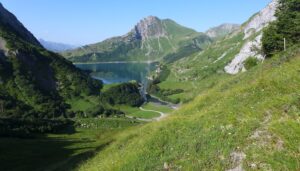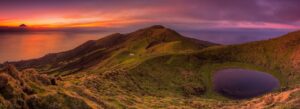Laser scanning in mountainous terrain: possibilities and challenges
Details
- topics like, but not limited to, natural hazards and snow and glacier monitoring
- laser scanning experts who want to discuss more about the challenges they face
- people who want to get a hands-on experience with landslide monitoring in Obergurgl
Description
This workshop aims to discuss the challenges of airborne, terrestrial and mobile laser scanning (ALS, TLS and MLS respectively), especially in complex mountain terrain. This comprises both data acquisition and processing. The challenges in data acquisition include, but are not limited to, the atmospheric conditions over complex terrain (e.g. temperature gradients over slopes), unfavorable geometric conditions for the laser beam and movement of the TLS or locational errors in the ALS or MLS data. The processing challenges involve filtering and gridding uncertainties and the correct recognition of processes such as landslides, snow cover dynamics and avalanches in point cloud data. This also contains the development of a setup with a sufficient spatiotemporal resolution and identifying change processes from point cloud data.
Format
The workshop includes a practical part, where we will organize a visit to the permanent monitoring TLS installation of the landslide above the Leckgalerie.. In addition to explaining the setup, a mobile laser scanner will be brought to this location to provideparticipants with a hands-on experience with the TLS. After that, participants will return to the University Centre Obergurgl to discuss the challenges they encounter with their laser scanning setup and data analyises.


